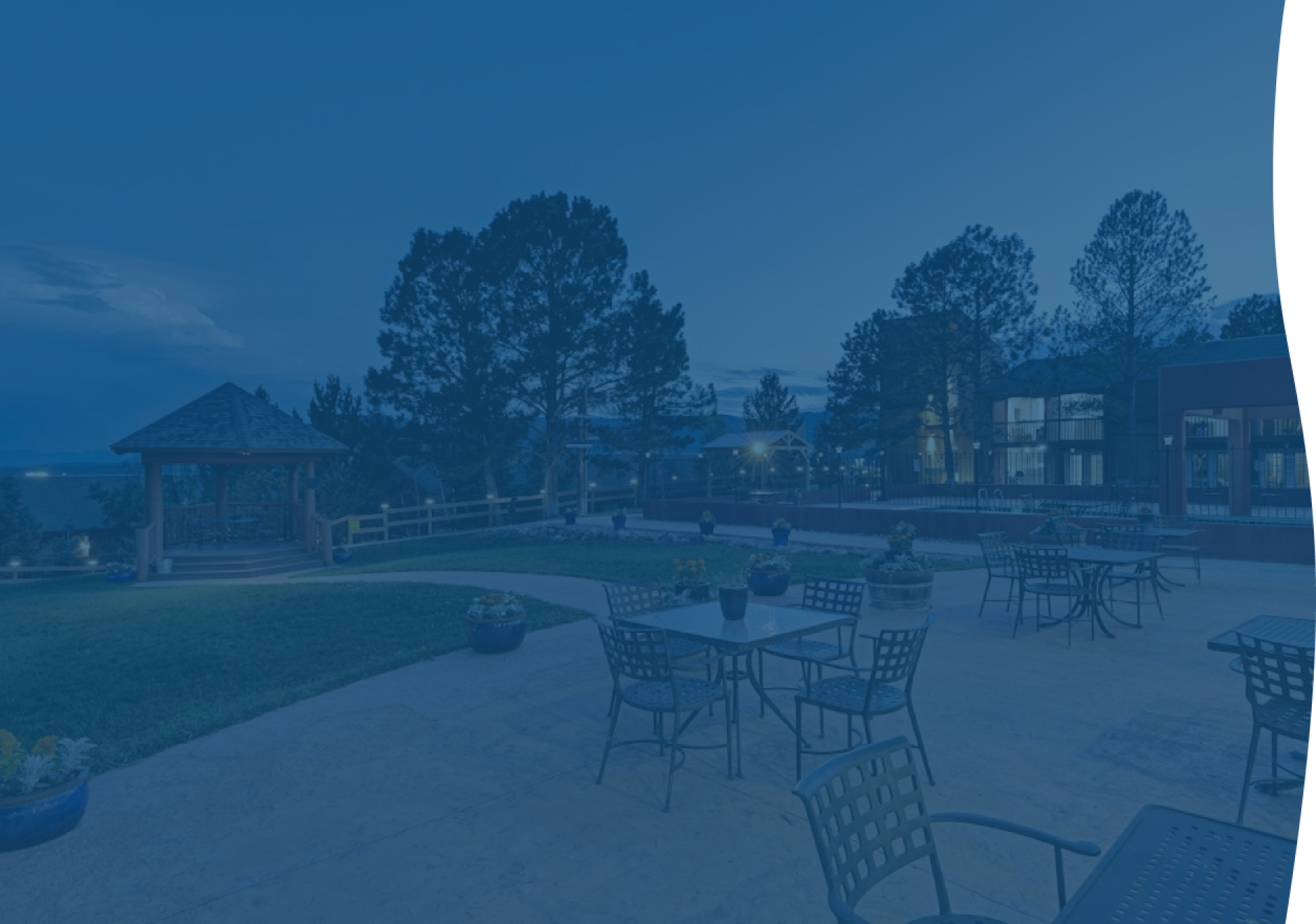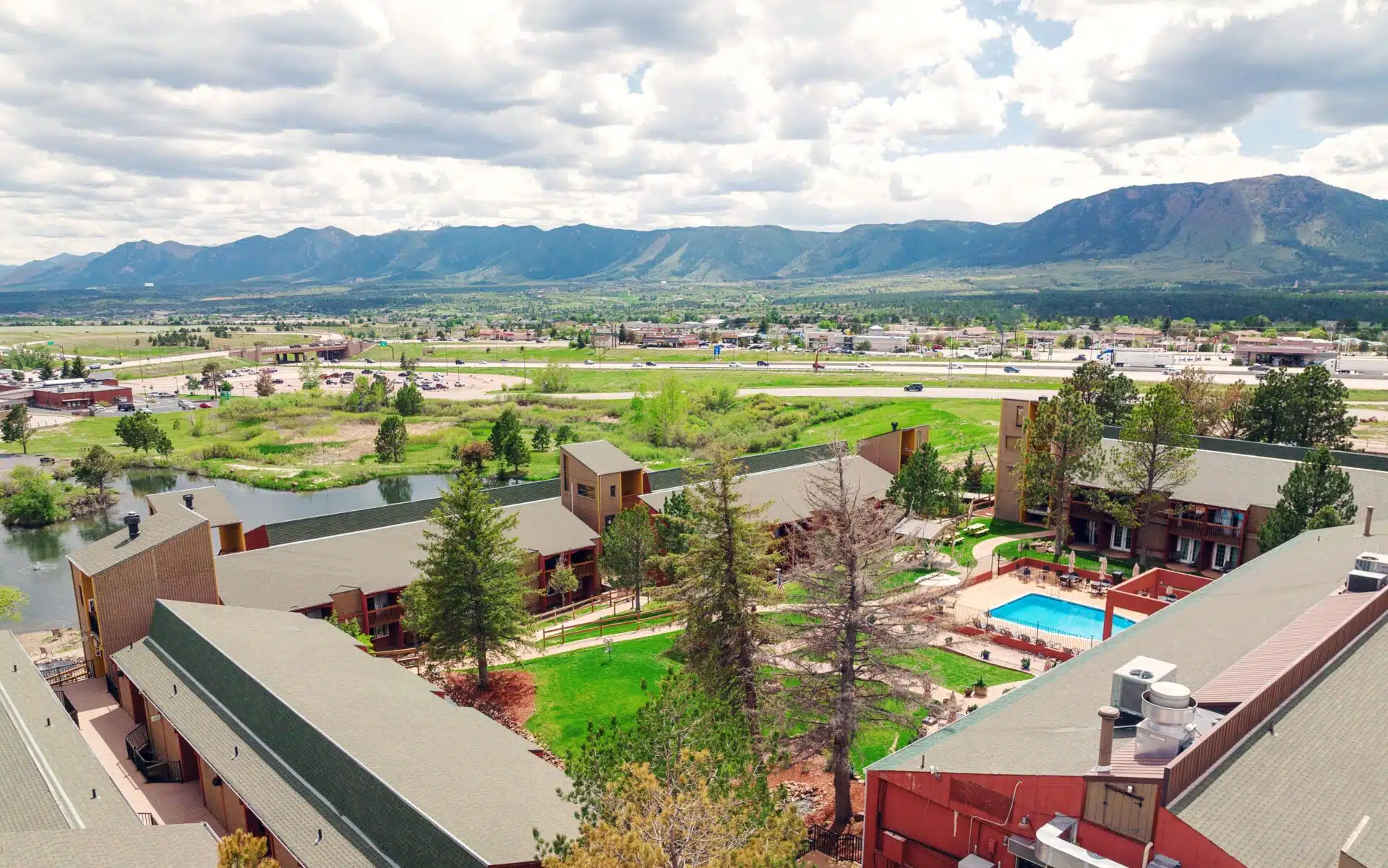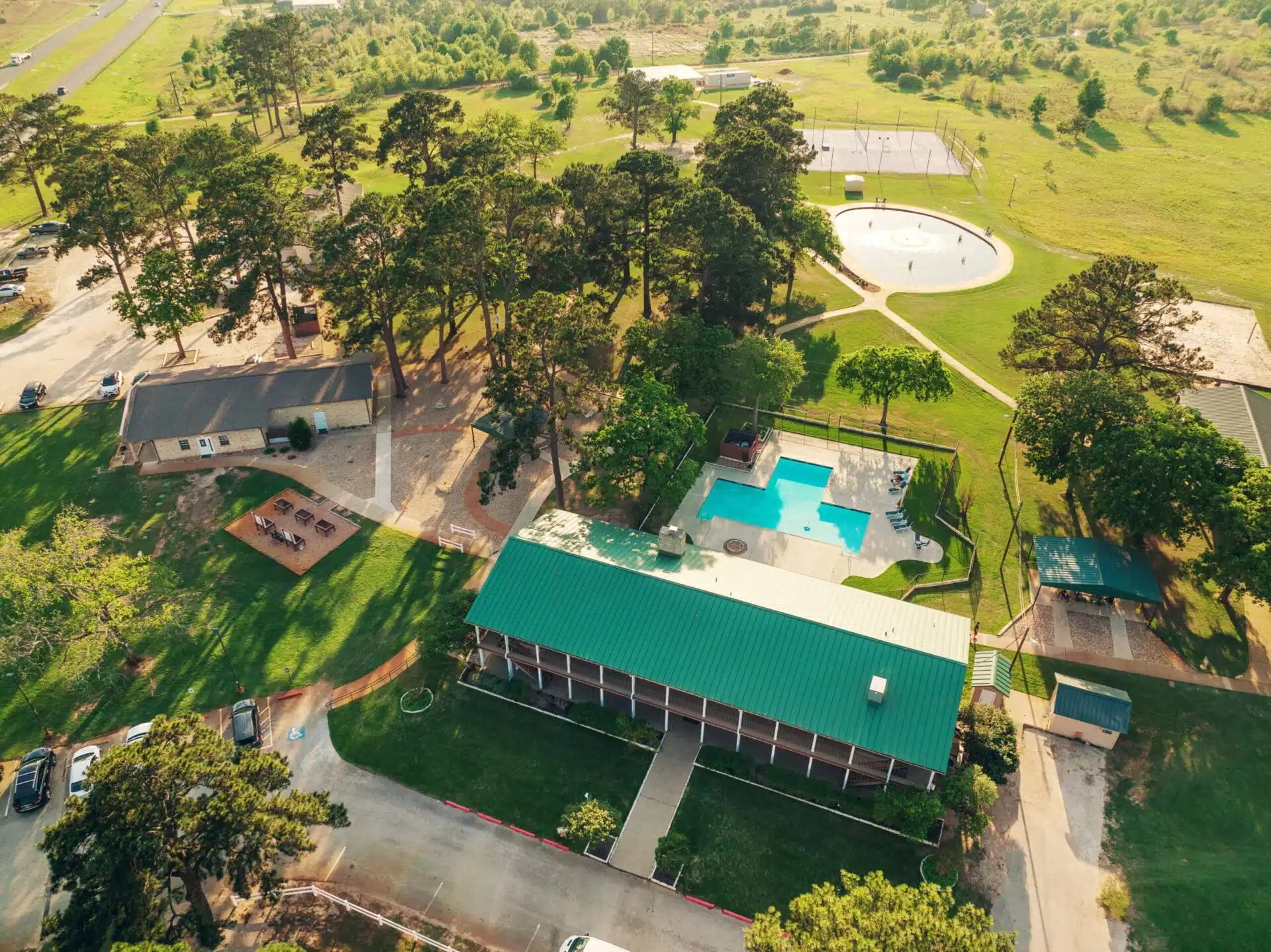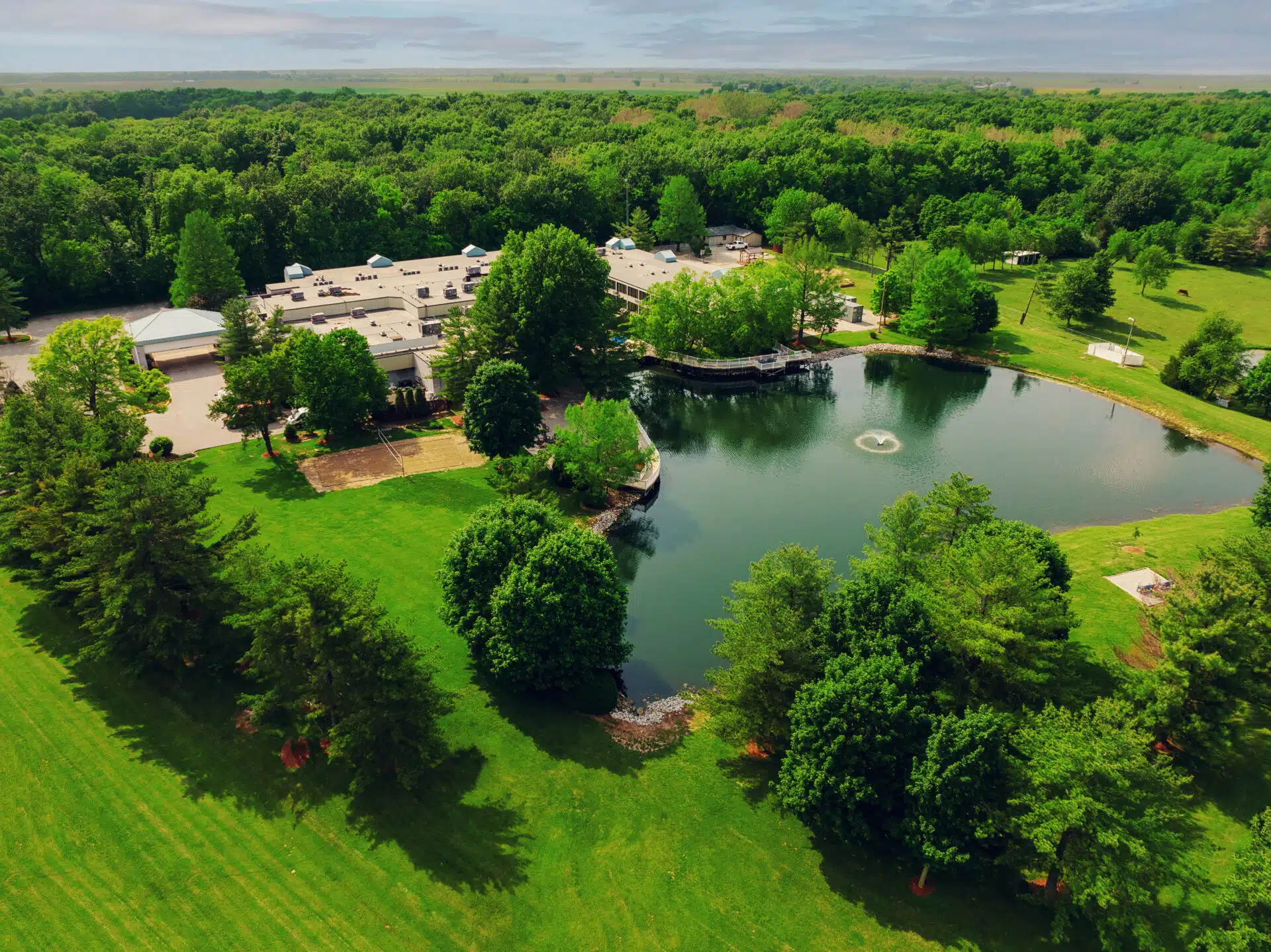What are the connections between mental health and addiction treatment in Aurora, CO?
It can be difficult to determine if a mental illness or an addiction is causing someone’s problems and might require assistance from mental health and substance use disorder treatment centers in Aurora, CO.
Is a person upset because they’re depressed? Because they’re drinking large amounts of alcohol? Both?
People with depression or anxiety might use and abuse substances as coping mechanisms, so they could be experiencing both mental illness and drug abuse in Aurora, CO. Or, if they’re abusing substances or addicted to them, people could be experiencing new mental illnesses or worsening already existing ones.
In addition, some of the same factors, such as trauma, genetics, and stress, can contribute to both mental illnesses and substance use disorders.
Addiction and mental health concerns are both common in Colorado. According to the 2019 Colorado Health Access Survey, among Colorado residents 18 years old and older:
- 11.9% reported that they had a substance use disorder in 2017–2018. The national rate was 7.7%.
- 2.3% (more than 95,000 people) said that they didn’t receive counseling services or treatment for their substance use disorders.
The COVID-19 pandemic has made things worse. Before the pandemic, about 7% of U.S. residents met the criteria for major depressive disorder. In April 2020, the Colorado School of Public noted that 23% of Colorado residents met the criteria.
Such statistics indicated the need for mental health and addiction treatment centers in Aurora, CO.

What is dual diagnosis in Aurora, CO?
Also known as a co-occurring disorder or comorbidity, a dual diagnosis is a condition in which someone has a substance use disorder (a problem with alcohol or drugs) and a mental illness. Some of the mental illnesses that require dual diagnosis treatment in Aurora, CO, may include:
- Depression
- Anxiety
- Post-traumatic stress disorder (PTSD)
- Bipolar disorder
- Eating disorders
- Borderline personality disorder (BPD)
A dual diagnosis treatment facility in Aurora, CO, treats both a mental illness and a problem with alcohol or drugs. Treating both could prevent one from triggering the other.
What is inpatient dual diagnosis treatment in Aurora, CO, and how can it help?
To treat both mental illnesses and problems with alcohol or drugs, many people stay at facilities known as inpatient or residential dual diagnosis treatment centers in Aurora, CO, while they’re receiving treatment.
Staying and receiving treatment at the same locations can provide multiple benefits. It can separate people from influences (people, places, and circumstances) that could trigger their drug or alcohol abuse or addiction.
Since recreational drugs and alcohol are banned at inpatient dual diagnosis treatment centers, clients staying at those facilities face less temptation, which can be especially useful if they’re experiencing strong cravings to use again.
Other drugs—prescription medications—are often featured in inpatient dual diagnosis treatment in Aurora, CO. If people stay at centers, they might have access to such prescriptions that could ease cravings, reduce anxiety, or provide other benefits. They’ll also have access to professionals who can monitor their reactions to such medications and assist them if they experience complications.
Attending an inpatient dual diagnosis treatment center in Aurora, CO, removes people from negative influences and introduces them to more positive ones.
What are some characteristics of dual diagnosis treatment centers in Aurora, CO?
Treating co-occurring disorders in Aurora, CO, is not a one-size-fits-all proposition. People attending dual diagnosis rehab in Aurora, CO, might:
- Have different mental illnesses.
- Abuse different kinds of drugs or alcohol.
- Struggle with their conditions for different lengths of time.
- Experience their conditions in various ways, such as experiencing different severity levels.
Despite these variations, a person entering a dual diagnosis treatment center in Aurora, CO, has a good chance at encountering:
- Therapy. Addiction is both mental and physical, so an effective dual diagnosis program in Aurora, CO, will explore how mental illnesses relate to its clients’ use of drugs and alcohol in addition to treating the physical effects of such substances.
- Support groups. It’s difficult, maybe impossible, to become sober and stay that way without help from others. Dual diagnosis treatment in Aurora, CO, often features sobriety support groups. Members of the groups might provide understanding because they’ve had similar experiences with substance use disorders and mental health disorders.
- Aftercare. Even after treatment, people might deal with mental health and substance conditions for the rest of their lives. Dual diagnosis treatment programs in Aurora, CO, could help clients find therapists and support groups in their geographic areas and contact clients periodically to check how they’re faring.
Dual diagnosis treatment in Aurora, CO, can help people understand and treat multiple challenges at once.
Sources
Medical disclaimer:
Sunshine Behavioral Health strives to help people who are facing substance abuse, addiction, mental health disorders, or a combination of these conditions. It does this by providing compassionate care and evidence-based content that addresses health, treatment, and recovery.
Licensed medical professionals review material we publish on our site. The material is not a substitute for qualified medical diagnoses, treatment, or advice. It should not be used to replace the suggestions of your personal physician or other health care professionals.







